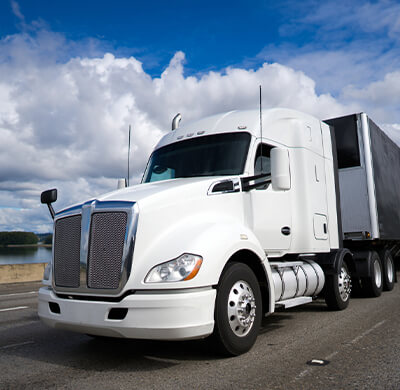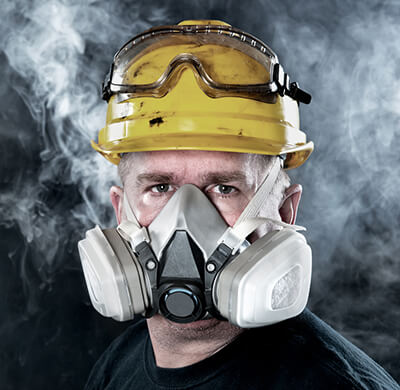
No one can anticipate unfortunate events. If an employee gets hurt or becomes ill while in the workplace, it is vital to understand the worker’s compensation system. An employee may benefit from receiving medical care after sustaining an injury or illness that is work-related. However, the insurance system does not cover all employees. Here is some relevant information to know how a worker may qualify for the coverage.
What is Workers’ Compensation?
Worker’s compensation is accident insurance paid by employers. It is a system that pays monetary benefits to employees who incur injuries or become ill fulfilling the responsibilities of their jobs.
Under the system, there will be no payroll deductions for the compensation. If you get injured while at work or acquired a specific illness as a result of it, worker’s comp will pay for the medical fees. If your condition does not permit you to work, it can guarantee a wage-loss compensation until you are fit to work again. Dependents can also get benefits if a person dies as a result of a job-related injury.
It is important to note that worker’s compensation is a no-fault system. To avail of the benefits, the employee does not need to undergo court proceedings for the recovery of damages and compensation.
How Can an Injury Be Considered as Work-Related?
A work-related injury happens during employment, but it is not only confined to those that occurred in the workplace. Such harm can also happen in company-owned facilities and assets. It could be qualified as such as long as the employee was doing something in connection with their job. Some of these injuries are auto or truck accidents, trauma injuries, and lacerations.
What Are the Job-Related Injuries Covered by Worker’s Compensation?
1. Overuse and Repetitive Motion Injuries
Repetitive strain injuries (RSIs) can be experienced by people who execute the same tasks and motions over and over again. These include bursitis, tendonitis, and carpal tunnel syndrome, as well as musculoskeletal injuries, which account for 80% of work-related injuries.
2. Occupational Exposures
These are illnesses that employees develop over time as a result of exposure in their jobs. It can vary from respiratory diseases or contact diseases such as exposure to contaminated blood via needlestick or open wounds as well as exposure to hazardous chemicals via inhalation or contact with skin.
3. Hearing Loss
Those working in noisy environments may develop hearing loss over time. This condition can also be part of the coverage.
4. Preexisting Conditions
These could be included in the coverage if a work-related injury exacerbated the preexisting condition. Worker’s compensation may cover the new injury.
5. Stress-Related Injuries
There is a connection between long-term stress and various illnesses. However, some states do not accept claims for physical diseases caused by emotional stress. This type of insurance needs the provision of stronger evidence, unlike in other forms of tort.
6. Stress from Work-Related Physical Injuries
The rules for these are generally more liberal. These are considered as “compensable consequence” of the injury an employee incurred during their employment.
7. When There is Contributory Negligence for the Work-Related Illnesses and Injuries
Workers’ compensation is a no-fault system, however, there are exceptions. These include self-inflicted injuries or if such injuries occurred when the employee was drunk or under the influence of drugs, in the commission of a crime, or breaking company policy.
8. Death Due to Work Injury or Illness
If an employee dies due to a work-related injury or illness, the eligible dependents are entitled to collect worker’s compensation death benefits. Typically, this is limited to immediate family members who lived with or are dependent on the support of the worker.
Comprehensive Occupational Health Services in Grand Junction, Colorado
Here at WorkPartners Occupational Health, we provide employers and employees with occupational injury care. Our motto is “Back to Work, Back to Life.” Thus, we are here to partner with you to ensure the timely recovery of your employees through the convenient and effective healthcare services we offer. Aside from workers’ compensation services, we also provide other occupational health services that may suit your business, such as DOT physicals and physical examinations.
If you want to learn more about our occupational health and rehabilitation services, please call our office at (970) 241-5585 or schedule an appointment with us.






